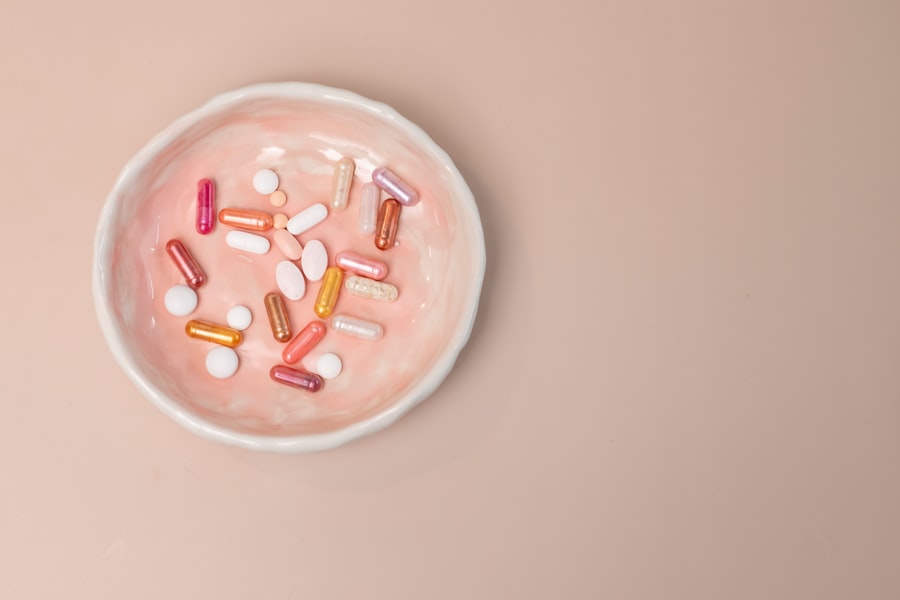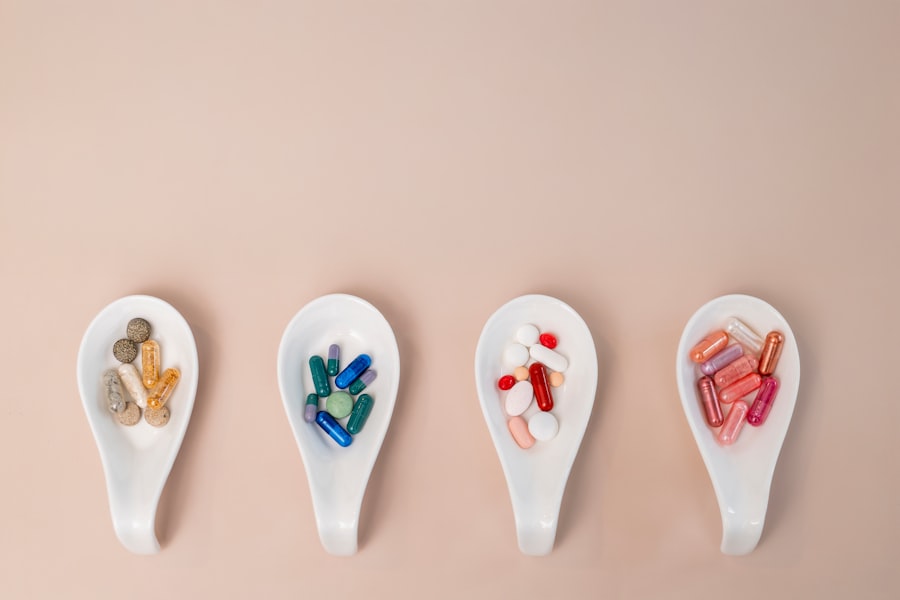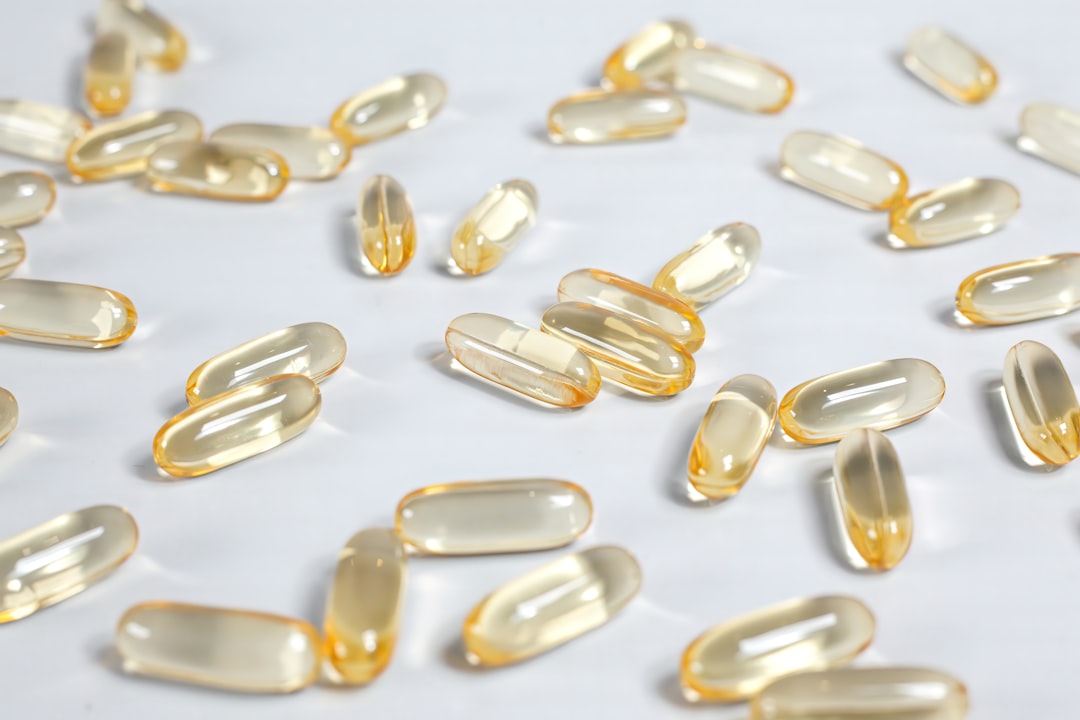As you navigate the world of dietary supplements, it’s crucial to be aware of the potential dangers lurking within these products. Many individuals turn to supplements in hopes of enhancing their health, boosting their energy, or achieving specific fitness goals. However, the reality is that some supplements may contain hidden drugs that can pose serious health risks.
These substances are often included without proper labeling, making it difficult for consumers like you to know what you are truly ingesting. The allure of quick results can lead to a false sense of security, but the consequences of consuming these unregulated products can be dire. The presence of hidden drugs in supplements can lead to a range of adverse effects, from mild side effects to severe health complications.
You might find yourself experiencing unexpected reactions, such as increased heart rate, anxiety, or gastrointestinal issues, all stemming from ingredients that were not disclosed on the label. In some cases, these hidden drugs can interact dangerously with prescription medications or exacerbate existing health conditions. The lack of transparency in the supplement industry means that you could unknowingly put your health at risk by choosing products that are not what they claim to be.
Key Takeaways
- Hidden drugs in supplements pose serious health risks and can have harmful effects on consumers.
- Consumers can identify supplements with hidden drugs by checking for FDA approval, researching the manufacturer, and looking for warning signs such as exaggerated claims or undisclosed ingredients.
- Common types of hidden drugs in supplements include anabolic steroids, erectile dysfunction drugs, and weight loss medications.
- Consuming supplements with hidden drugs can lead to adverse reactions, drug interactions, and long-term health consequences.
- Hidden drugs in supplements can impact health by causing organ damage, hormonal imbalances, and allergic reactions.
- Regulatory measures for detecting hidden drugs in supplements include random testing, ingredient verification, and strict labeling requirements.
- Selling supplements with hidden drugs can result in legal consequences such as product recalls, fines, and even criminal charges.
- Consumer awareness and education about hidden drugs in supplements are crucial for making informed choices and avoiding potential harm.
- Alternatives to supplements with hidden drugs include natural remedies, whole foods, and consulting with healthcare professionals for personalized recommendations.
- Suspected supplements with hidden drugs should be reported to the FDA or other relevant authorities for investigation and potential enforcement actions.
- Staying safe with supplements requires diligence, skepticism, and a commitment to prioritizing health and well-being.
How to Identify Supplements with Hidden Drugs
Identifying supplements that may contain hidden drugs requires vigilance and a discerning eye. One of the first steps you can take is to scrutinize the ingredient list on the product label. If you come across unfamiliar terms or ingredients that sound more like pharmaceuticals than natural substances, it’s a red flag.
Additionally, be wary of supplements that promise miraculous results in a short amount of time; such claims often indicate that the product may contain undisclosed drugs designed to enhance efficacy artificially. Another effective strategy is to research the brand and its reputation. Look for third-party testing certifications or endorsements from reputable organizations.
If a supplement has been tested for purity and potency by an independent lab, it’s more likely to be safe for consumption. You should also check for customer reviews and feedback; if many users report adverse effects or express concerns about the product’s safety, it’s wise to steer clear. By taking these proactive steps, you can better protect yourself from the dangers associated with hidden drugs in supplements.
Common Types of Hidden Drugs in Supplements

When it comes to hidden drugs in supplements, certain substances are more commonly found than others. One prevalent category includes stimulants, such as caffeine derivatives or synthetic compounds designed to boost energy levels. These stimulants can lead to increased heart rates and heightened anxiety, especially when consumed in conjunction with other caffeinated products.
You may find these ingredients in weight loss supplements or pre-workout formulas, where they are often marketed as natural energy boosters. Another concerning category includes anabolic steroids or steroid-like substances that are sometimes added to muscle-building supplements. These compounds can significantly enhance muscle growth and performance but come with a host of potential side effects, including hormonal imbalances and liver damage.
If you’re considering a supplement aimed at improving athletic performance or muscle mass, it’s essential to be aware of these hidden dangers. By understanding the common types of hidden drugs, you can make more informed choices about the supplements you choose to incorporate into your routine.
The Risks of Consuming Supplements with Hidden Drugs
| Supplement | Hidden Drug | Risk |
|---|---|---|
| Weight loss pills | Sibutramine | Increased blood pressure, heart rate, and risk of heart attack |
| Bodybuilding supplements | Anabolic steroids | Liver damage, heart problems, and hormonal imbalances |
| Sexual enhancement products | Sildenafil | Dangerous drop in blood pressure, heart attack, or stroke |
The risks associated with consuming supplements containing hidden drugs cannot be overstated. You may think that taking a supplement is a harmless way to support your health goals, but the reality is that these products can have serious implications for your well-being. One significant risk is the potential for overdose; when supplements contain undisclosed ingredients, it becomes challenging to gauge how much of each substance you are actually consuming.
This lack of clarity can lead to unintentional overconsumption and dangerous side effects. Moreover, the long-term effects of consuming supplements with hidden drugs are often unknown. While you might experience short-term benefits, such as increased energy or weight loss, the long-term consequences could include chronic health issues or dependency on certain substances.
It’s essential to consider not just the immediate effects but also how these hidden drugs may impact your health over time. By being aware of these risks, you can make more informed decisions about your supplement choices and prioritize your long-term well-being.
The Impact of Hidden Drugs on Health
The impact of hidden drugs on your health can be profound and multifaceted. When you consume supplements containing undisclosed substances, you may inadvertently expose yourself to a range of health issues that could have been avoided with proper knowledge and caution. For instance, some hidden drugs can lead to cardiovascular problems, including hypertension and arrhythmias, which can be life-threatening if left unaddressed.
You might find yourself facing serious medical conditions that stem from what you thought was a harmless supplement. Additionally, mental health can also be affected by hidden drugs in supplements. Stimulants and other psychoactive substances can lead to increased anxiety, mood swings, and even depression in some individuals.
If you’re already managing mental health challenges, introducing these hidden drugs into your system could exacerbate your symptoms and complicate your treatment plan. Understanding the potential impact on both physical and mental health is crucial for making informed decisions about supplement use.
Regulatory Measures for Detecting Hidden Drugs in Supplements

Regulatory measures play a vital role in ensuring the safety and efficacy of dietary supplements. In many countries, agencies like the Food and Drug Administration (FDA) in the United States are responsible for overseeing the supplement industry and enforcing regulations designed to protect consumers like you. However, the reality is that the supplement market is often less regulated than pharmaceuticals, which means that some products may slip through the cracks without adequate scrutiny.
To combat this issue, regulatory bodies have implemented various measures aimed at detecting hidden drugs in supplements. These include routine inspections of manufacturing facilities, testing products for purity and potency, and monitoring adverse event reports from consumers. While these measures are essential for maintaining safety standards, they are not foolproof.
As a consumer, it’s important to stay informed about regulatory updates and advocate for stricter regulations when necessary to ensure that your health is protected.
Legal Consequences of Selling Supplements with Hidden Drugs
The legal consequences for companies that sell supplements containing hidden drugs can be severe. Regulatory agencies have the authority to impose fines, seize products, and even shut down businesses that violate safety standards or mislead consumers. If a company is found guilty of knowingly including undisclosed drugs in their products, they may face lawsuits from affected consumers seeking compensation for damages caused by their negligence.
As a consumer, understanding these legal ramifications can empower you to make informed choices about the brands you support. By opting for reputable companies that prioritize transparency and adhere to safety regulations, you contribute to a market that values consumer safety over profit margins.
Consumer Awareness and Education about Hidden Drugs in Supplements
Consumer awareness and education are critical components in combating the issue of hidden drugs in supplements. As someone who may rely on these products for health benefits, it’s essential to educate yourself about what constitutes safe supplementation practices. This includes understanding how to read labels effectively, recognizing red flags in marketing claims, and knowing where to find reliable information about specific ingredients.
Organizations dedicated to consumer advocacy play an important role in raising awareness about the risks associated with hidden drugs in supplements. They provide resources such as educational materials, workshops, and online forums where consumers like you can share experiences and learn from one another. By actively seeking out this information and engaging with these resources, you can empower yourself to make safer choices regarding your health.
Alternatives to Supplements with Hidden Drugs
If you’re concerned about the risks associated with supplements containing hidden drugs, there are plenty of alternatives available that prioritize safety and transparency. Whole foods should always be your first choice when it comes to nutrition; incorporating a balanced diet rich in fruits, vegetables, whole grains, lean proteins, and healthy fats can provide your body with the nutrients it needs without the risks associated with unregulated supplements. Additionally, consider exploring natural remedies or herbal supplements that have been thoroughly researched and vetted for safety.
Many reputable brands offer products made from high-quality ingredients without hidden additives or undisclosed drugs. Always look for third-party testing certifications and consult with healthcare professionals before introducing any new supplement into your routine. By prioritizing natural alternatives and being mindful of what you consume, you can support your health without compromising your safety.
Reporting Suspected Supplements with Hidden Drugs
If you suspect that a supplement contains hidden drugs or poses a risk to consumers, it’s important to take action by reporting your concerns to the appropriate authorities. In many countries, regulatory agencies have established channels for consumers to report adverse effects or suspicious products. By doing so, you contribute to a larger effort aimed at protecting public health and ensuring that unsafe products are removed from the market.
When reporting suspected supplements, be prepared to provide detailed information about the product in question, including its name, manufacturer, and any adverse effects you or others may have experienced. Your report could help prevent others from facing similar risks and encourage regulatory agencies to take necessary action against companies that prioritize profit over consumer safety.
Staying Safe with Supplements
In conclusion, staying safe while using dietary supplements requires vigilance and informed decision-making on your part.
By educating yourself about common types of hidden drugs, recognizing red flags in product labeling, and advocating for stricter regulations within the industry, you empower yourself as a consumer.
Remember that there are safe alternatives available that prioritize transparency and quality over quick fixes. Whole foods and reputable natural remedies can provide the support your body needs without exposing you to unnecessary risks. By remaining proactive in your approach to supplementation and reporting any suspicious products you encounter, you contribute to a safer environment for all consumers navigating this complex landscape.
Your health is invaluable—make choices that reflect that value every step of the way.
In recent years, the issue of dietary supplements containing hidden drugs has garnered significant attention, raising concerns about consumer safety and regulatory oversight. For a deeper understanding of this topic, you can read a related article that explores the implications of such practices and offers insights into how to identify potentially harmful supplements. Check it out here:
